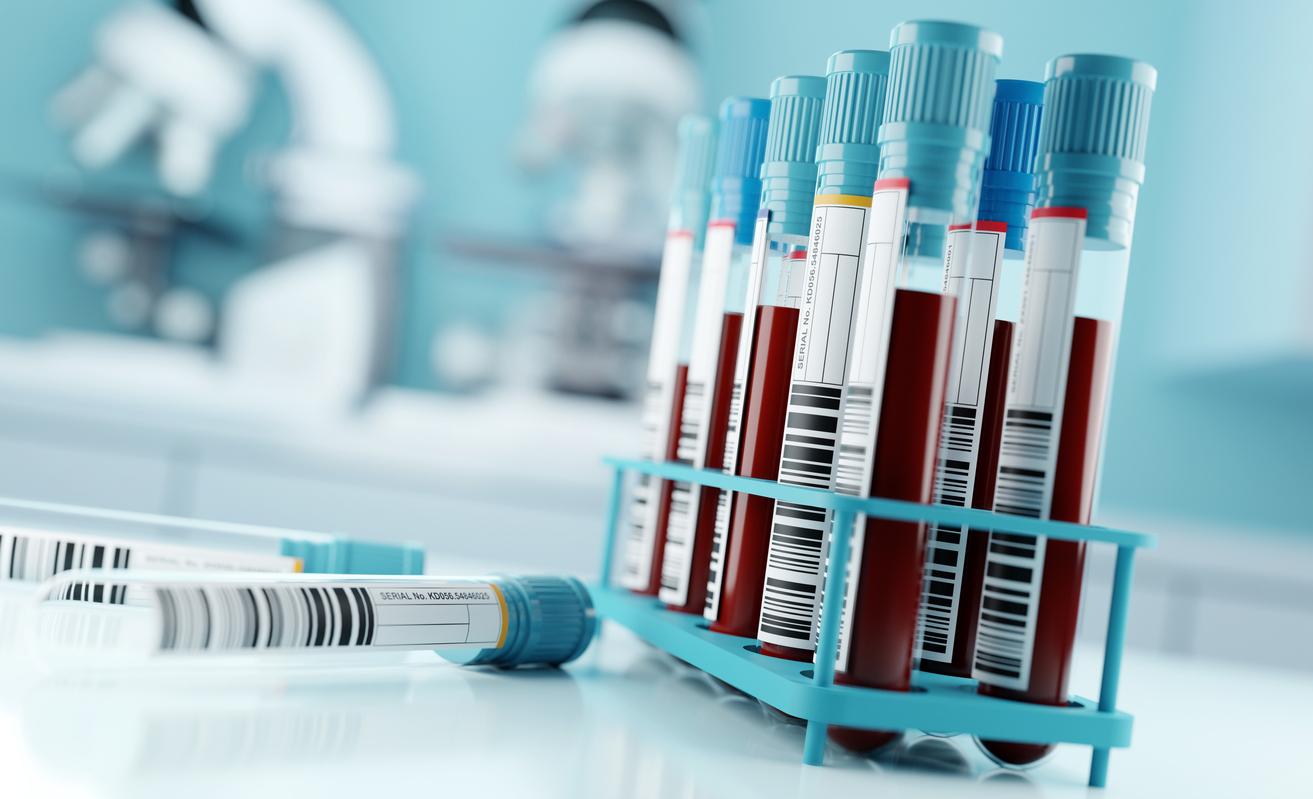Would it be possible to have a treatment targeting inflammation and the beta-amyloid protein to cure Alzheimer’s disease? Indeed, this toxic protein plays a key role in the development of Alzheimer’s disease.
Researchers from the Universities of Southampton and Lancaster (United Kingdom) compared the brain cells of 10 people who died of Alzheimer’s disease with those of 9 control people. They observed that in the human form of the Alzheimer’s diseaseimmune cells in the brain (microglial cells) multiply more rapidly around the plaques of beta-amyloid protein, hallmarks of the disease.
The researchers then conducted a study with mice genetically modified to have Alzheimer’s disease. They observed that by blocking the process of multiplication of immune cells, it improves performance in memory and behavioral tasks in mice, and this independently of beta-amyloid plaques.
The results of this study published in the medical journal Brain are encouraging and could ultimately lead to the development of treatments for Alzheimer’s disease. Human clinical trials should be done to understand if this process applies to humans.
Alzheimer’s disease in numbers
In France, according to the latest figures from the National Institute of Health and Medical Research (Inserm), 860,000 people suffer from Alzheimer’s disease and the number of patients should reach two million in 2020. Alzheimer’s and related diseases represent the leading cause of age-related loss of intellectual functions.
Read also:
Alzheimer’s disease: symptoms loved ones should be aware of
Positive thoughts delay Alzheimer’s disease
Pomegranate protects against Alzheimer’s disease


















